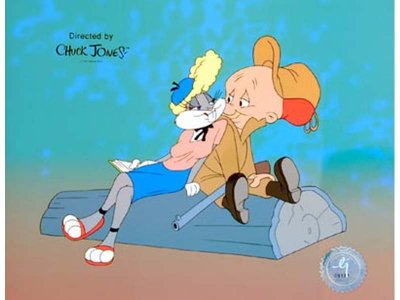
I think that the human body is beautiful in its many shapes and forms, and I think that it should be respected. I think it's great that people can love their bodies enough to want to take photos. Even nude photos. But I wonder if Hollywood feels the same.
The ABC website featured
this slide show of women who have taken off their clothes for magazine covers, and it really makes me wonder: In Hollywood, do women really have a choice about whether or not to keep their clothes on?
I sort of touched on this issue in my post about
Miley Cyrus, but I will admit, I don't know Hollywood that well. But all these pictures of young, nude, female stars make it seem to me that it might not be so much of a choice after all.
I know that there are women who love their bodies and would be excited to do a nude cover shoot. I also know that taking one's clothes off in front of other people could possibly be a liberating experience. But when we look at all these magazine covers in context, do we really see these nude women as being empowered?
In American society, I would say, it is rather common to see famous young women dressed provocatively, and covers like the ones I linked to are not uncommon at all. The reason that these covers are so commonplace is that they help sell magazines. It's true. So if a a naked young female star's body on a magazine means that a magazine will sell more copies, doesn't it also mean that if a female star wants the most exposure to the most people, she should take off her clothes?
Women in Hollywood are not dumb. Many of them know what will sell easily, and that happens to be, very often, at least near-nudity. And when things sell with their bodies associated with them, it means that they will make more money. So is it really a choice, then, for women to take their clothes off? Perhaps. But it seems to me like it may be one of only a few choices that Hollywood allows these women to make if they want to make money.
As a side note: It bothers me that women's bodies are what people focus on in Hollywood, because it means that a lot of times we only see
perfection, not reality, and that does not send healthy messages to girls who look real (click on the porfolio link at the top - thanks to
Shakesville).











